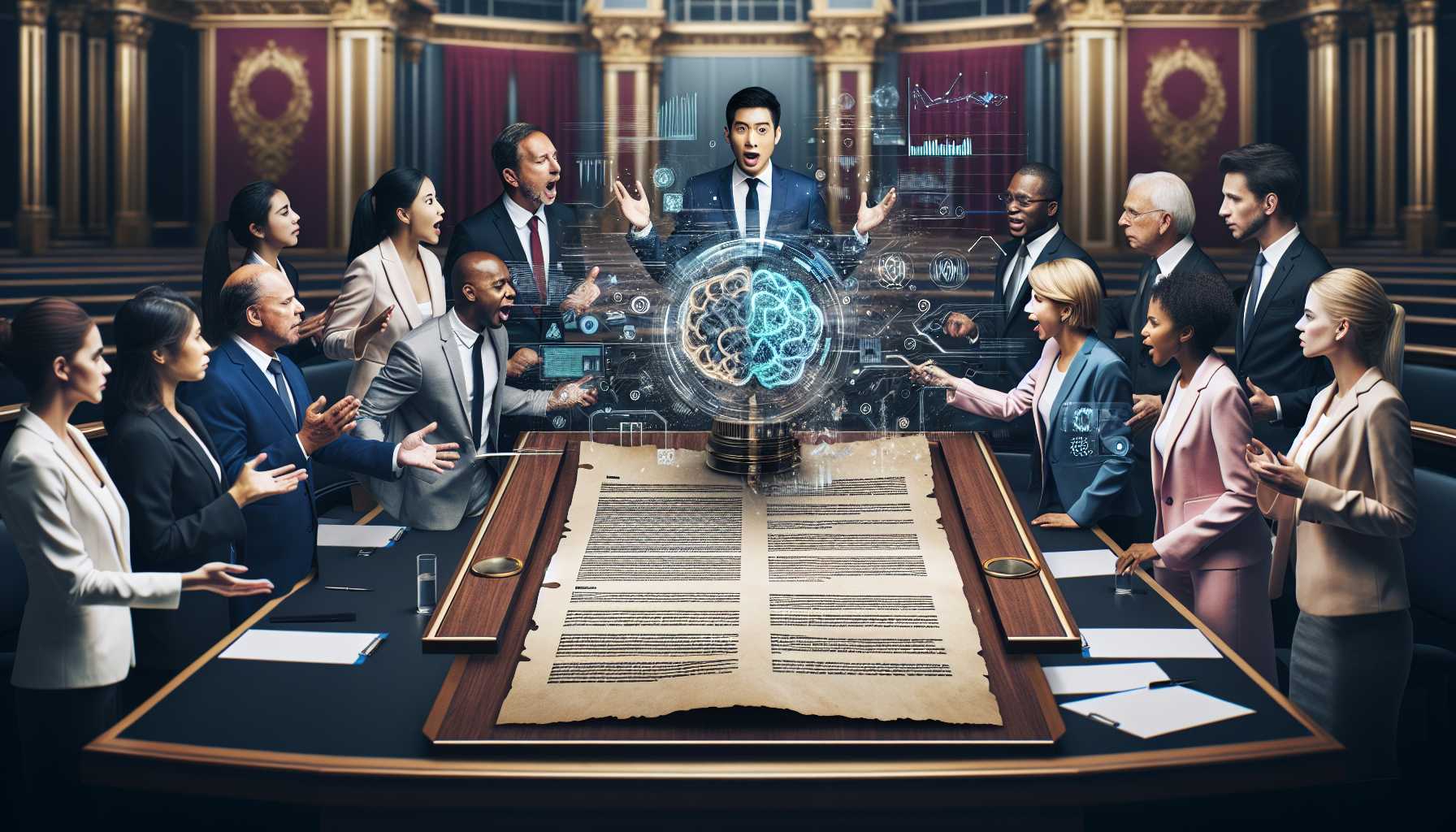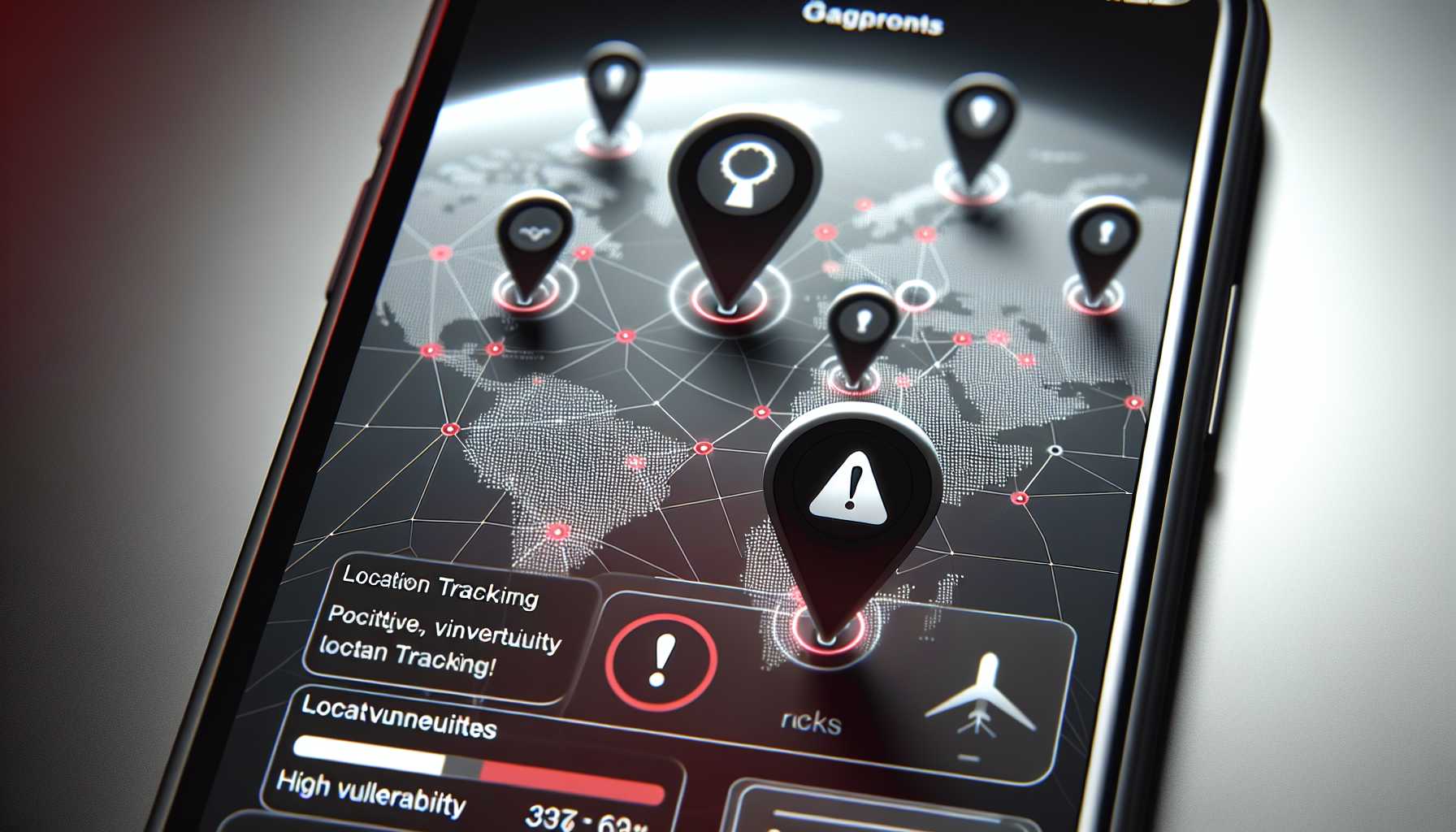The Intersection of Technology and Regulation: A Glimpse into the Future
The rapid advancement of technology presents both immense opportunities and significant challenges. As we delve deeper into the realm of artificial intelligence (AI), deepfakes, and data privacy, the need for robust regulatory frameworks becomes increasingly apparent. This article explores key developments at the intersection of technology and regulation, highlighting the ongoing efforts to ensure responsible innovation and protect individual rights.
Legislative Push for AI Deepfake Accountability
In a bipartisan effort, U.S. Representatives Jake Auchincloss (D-MA) and Ashley Hinson (R-IA) introduced the Intimate Privacy Protection Act. This proposed legislation seeks to amend Section 230 of the Communications Act of 1934, holding tech giants accountable for failing to address intimate AI deepfakes expeditiously. The Act mandates that tech companies establish a “duty of care” to prevent and swiftly address cyberstalking, intimate privacy violations, and digital forgeries. Violating this duty could strip a platform of its Section 230 protections, directly impacting their legal immunity.
Google’s AI-Powered Shopping Companion
Google’s “tab compare” is an AI-driven tool designed to ease the woes of multi-tab comparison shopping. This AI feature summarizes product details from various tabs into one comprehensive table, simplifying the decision-making process for users. While this tool promises convenience, it raises questions about the impact on traffic for sites that specialize in product comparisons. Independent publishers, in particular, may find themselves edged out by Google’s in-house solutions.
Cooking Up a Cookie-Free Advertising Future
Despite Google’s back-and-forth on the deprecation of third-party cookies, the advertising industry’s march towards a cookieless future remains unwavering. Jamie Toward, Head of Data at Teads, emphasizes the importance of continuous adaptation in advertiser strategies to maintain targeted and effective campaigns without relying on cookies. The blend of Universal IDs, publisher first-party data, AI-derived audiences, and contextual targeting forms the backbone of this transition.
Privacy Concerns in Dating Apps
A recent study by researchers at KU Leuven in Belgium underscores significant privacy vulnerabilities in location-based dating apps (LBDs). The paper titled “Swipe Left for Identity Theft,” reveals that several popular dating apps exposed user locations via various forms of trilateration. Notable apps like Hinge, Bumble, Badoo, and Hily were found susceptible to oracle trilateration, a method that could potentially pinpoint user locations.
U.S. vs. Europe’s Approach to AI Regulation
As the European Union enforces its AI Act, aimed at regulating and categorizing AI applications by risk levels, a transatlantic divide is emerging in how AI technologies are governed. The EU’s stringent regulations contrast sharply with the U.S.’s more lenient, non-binding guidelines issued by the Biden administration. The AI Act’s comprehensive framework sorts AI applications into several risk categories, from unacceptable (e.g., social scoring) to high-risk (e.g., law enforcement systems).
Reddit’s Stance on AI Data Scraping
Reddit’s CEO Steve Huffman recently took a firm stance against AI search engines like Microsoft’s Bing for using Reddit’s data without proper compensation. Unlike Google and OpenAI, which have agreements with Reddit, Microsoft has yet to reach a deal, resulting in Reddit blocking Microsoft’s search engine from accessing its content. Huffman emphasized the importance of controlling how Reddit’s data is used and displayed, citing incidents where unauthorized data scraping compromised user privacy.
Safeguarding Against Digital Replicas
The U.S. Copyright Office has called for new federal laws to address the rise of AI-generated digital replicas. Citing the speed and precision of AI in creating these replicas, the Office argues that existing laws fall short in adequately protecting individuals from unauthorized use of their likenesses. Proposed recommendations include safe harbor provisions for online service providers to swiftly remove unauthorized digital replicas, emphasizing that protections should extend to all individuals, not just celebrities.
Responding to Lost or Stolen Smartphones
Losing a smartphone can be a distressing experience, given the wealth of personal information stored on these devices. Here’s a comprehensive guide on what to do if you find yourself in this predicament. Firstly, both iOS and Android offer remote locking capabilities. For iPhones, activating Find My iPhone allows you to track and lock the device remotely, ensuring it cannot be accessed by unauthorized individuals. Similarly, Android’s Find My Device and Samsung’s SmartThings Find provide comparable functionalities. Resetting account logins is another critical step. Changing passwords for important apps and enabling two-factor authentication can help protect your data. Notifying key contacts, such as your mobile carrier and bank, can further safeguard against potential misuse.
Conclusion
The intersection of technology and regulation is a dynamic and evolving landscape. From AI accountability and privacy concerns to legislative efforts and security measures, staying informed and adaptable is paramount. As we navigate these changes, the focus must remain on balancing innovation with ethical considerations and individual rights.









